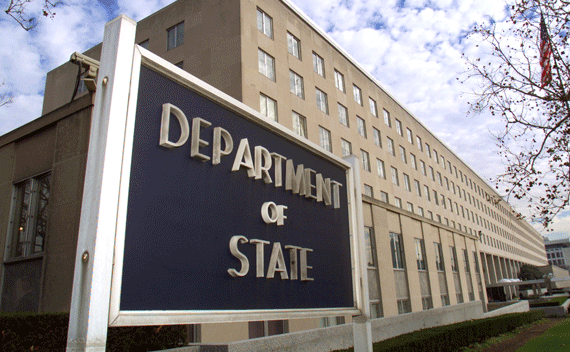A State Department official said on August 18, 2025 that the cancellations mark a sharp rise in enforcement. The revoked visas include students accused of overstaying expiration dates, committing crimes, or engaging in activities that raised national security concerns.
Between 200 and 300 of the cases involved alleged ties to terrorism under the Immigration and Nationality Act. The rest were linked to immigration violations or criminal charges such as assault, burglary, and driving under the influence.
One high-profile case occurred in March 2025. Rumeysa Ozturk, a PhD student at Tufts University, had her visa revoked and was detained by immigration authorities. A federal judge ordered her release in May, but the case highlighted the administration’s hardline stance on international students who participate in campus activism.
The State Department has also instructed U.S. embassies and consulates to apply stricter screening measures to student visa applicants. Consular officers now review whether applicants express what officials call “hostile attitudes” toward American culture, government, or institutions.
F-1 visa applicants are also being asked to make their social media accounts publicly visible (not private). Limited online visibility could be flagged as an attempt to hide activity, according to the new guidelines.
A joint analysis by NAFSA: Association of International Educators and JB International projects a 30 to 40 percent drop in new international student enrollment this year. The groups warn that overall enrollment could decline by 15 percent this fall.
NAFSA estimates that the drop in international students could cost local economies more than $7 billion in lost spending. The decline could also eliminate more than 60,000 jobs tied to tuition, housing, and campus services.
Read more here.





 RSS Feed
RSS Feed